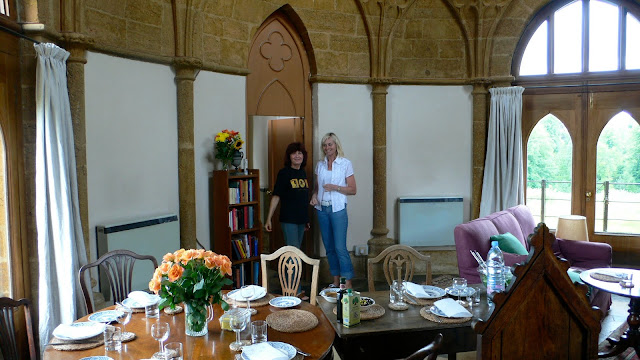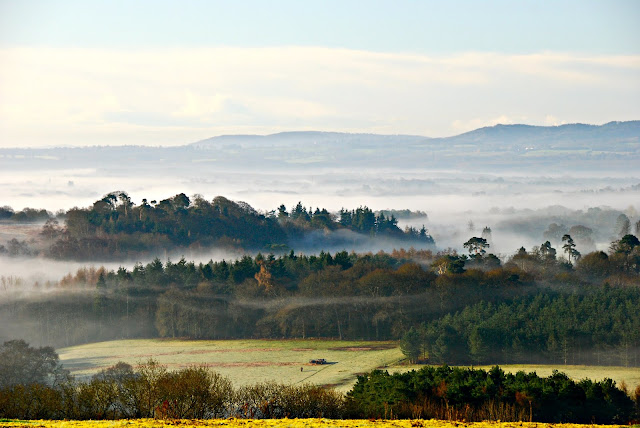As a newcomer to this discussion, I have been looking at some of the il-tempered arguments that are raging around the proposed SOPA and PIPA Bills currently being considered by the US Congress and Senate.
The essence of the problem is that the internet has made the sharing of spoken, written, sung and photographed material incredibly easy, and the bodies that exist to protect such material from being shared without payment to the copyright holder, like the Motion Picture Association of America, are being rendered obsolete - and in their death-throes are thrashing around without regard to the underlying issues and what should be done about them.
It's interesting to start from the fundamentals; and the thought that sharing itself not a zero-sum game. Thomas Jefferson wrote:
"If nature has made any one thing less susceptible than all others of exclusive property, it is the action of the thinking power called an idea, which an individual may exclusively possess as long as he keeps it to himself; but the moment it is divulged, it forces itself into the possession of every one, and the receiver cannot dispossess himself of it. Its peculiar character, too, is that no one possesses the less, because every other possesses the whole of it. He who receives an idea from me, receives instruction himself without lessening mine; as he who lights his taper at mine, receives light without darkening me."
The same is true of physical works. While physical property rights are usually 'rivalrous', intellectual property rights are non-rivalrous. If you make a copy of something, the enjoyment of the copy does not does not prevent enjoyment of the original.
But the Motion Picture Association and others lined up alongside them use intemperate language that clearly shows that they believe intellectual property rights are akin to real property rights and illustrate this confusion by frequent use of terms like 'criminal', 'piracy' and 'copyright theft'. The unauthorised use of copyright material is not a criminal but a civil matter, and the criminal law should not be used to deal with it except in the most egregious cases - such as those involving serious fraud.
The problem is that the concepts are dominated by money and big business trying to protect the 'rents' that they derive from their patent and copyright monopolies. Although patent law is somewhat outside the scope of this debate and is far more defensible, most people scorn the pharmaceutical companies for concentrating on creating patents for 'first-world' drugs and at the same time refusing to release from patent drugs that could then be made much more cheaply. And the worrying notion that certain useful gene sequences can be patented has made big pharma's position even less acceptable.
These perceptions add to the righteous indignation of those who think that the whole concept of unilaterally setting high fees for unselected chunks of copyright material is inequitable. This has been shown dramatically true by the success of iTunes, where users are quite happy to pay for legitimate downloads since a reasonable sum is charged for the individual songs that the users actually want.
The same is true of films and DVDs. As soon as DVDs come down in price to something reasonable, people buy them in handfuls. If the film companies don't want to sell them for those prices because their films cost too much to make, they should make cheaper, better films and pay the 'talent' much less. There is no universal law which says that Hollywood stars have to be paid $20m a picture, and the idea that we made much better films now than we used to when they cost so much less to make, is laughable.
Of course, Google and other aggregators of content have created a world in which most material is actually free to read and view, even if is originally copyright - as are millions of YouTube videos of professional performances. It's not impossible that one day we will have to pay for access to YouTube - and would probably willingly do so if the fee was reasonable. Similarly some newspapers have successfully found ways to charge small amounts for access, while others have built up sufficient advertising revenue to continue to offer their content for free.
The general public will not now accept an agenda that both excessively criminalises copyright infringement and at the same time walls off of the internet just to protect the high profits of big business. Instead they want the major producers and publishers of content to amend their business models to allow the production of content at a cost that the public is willing to pay.
Click here for an
Infographic as to how the bills were supposed to work


























